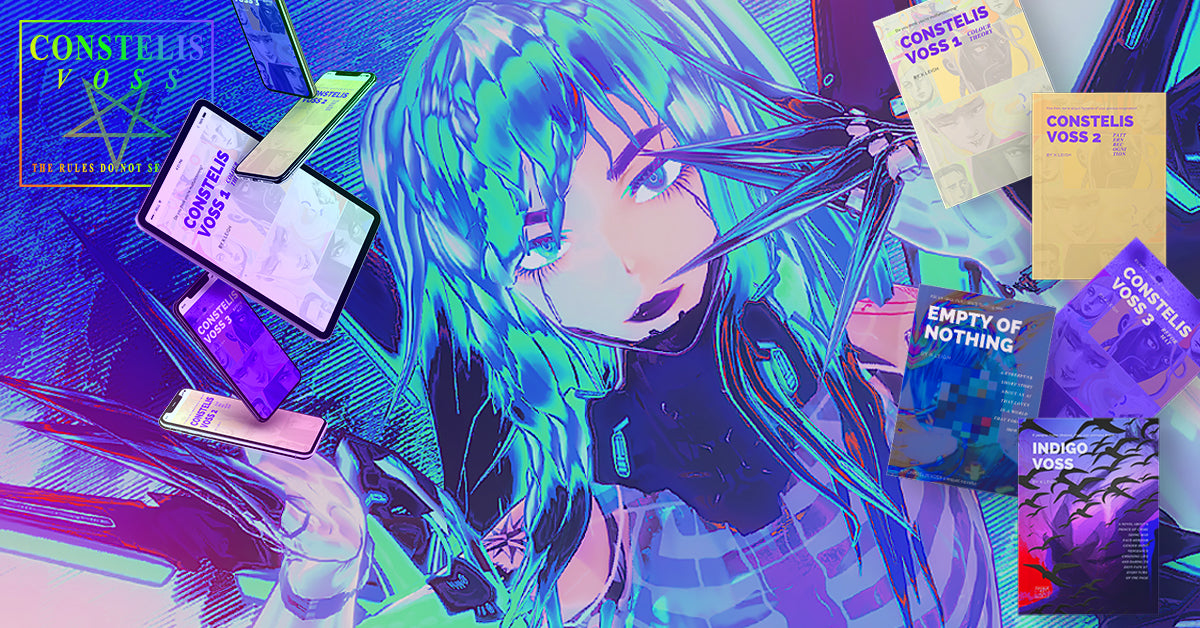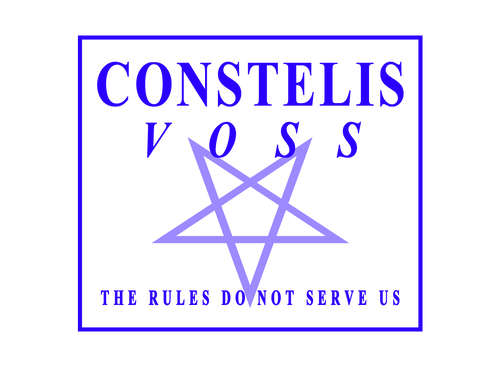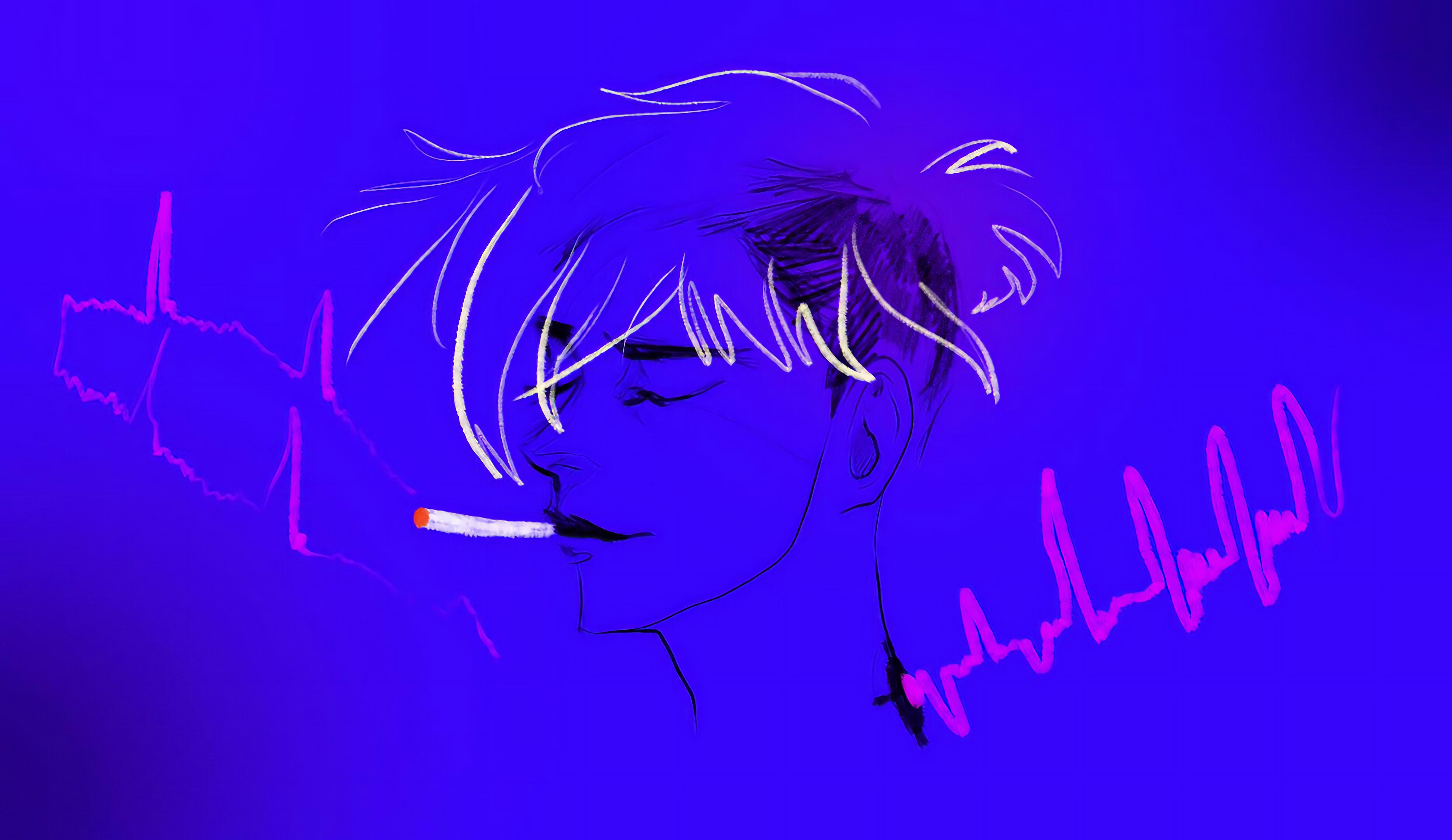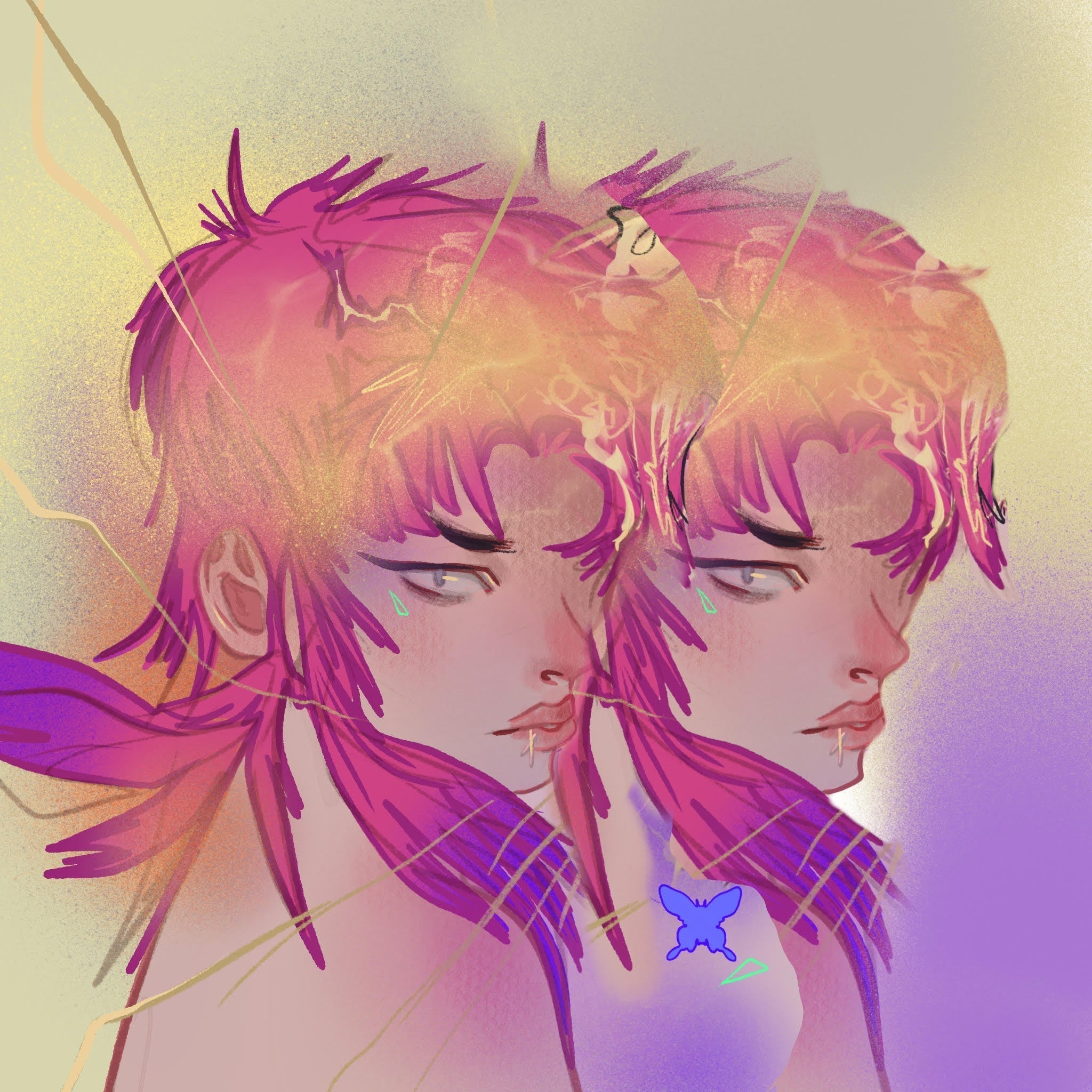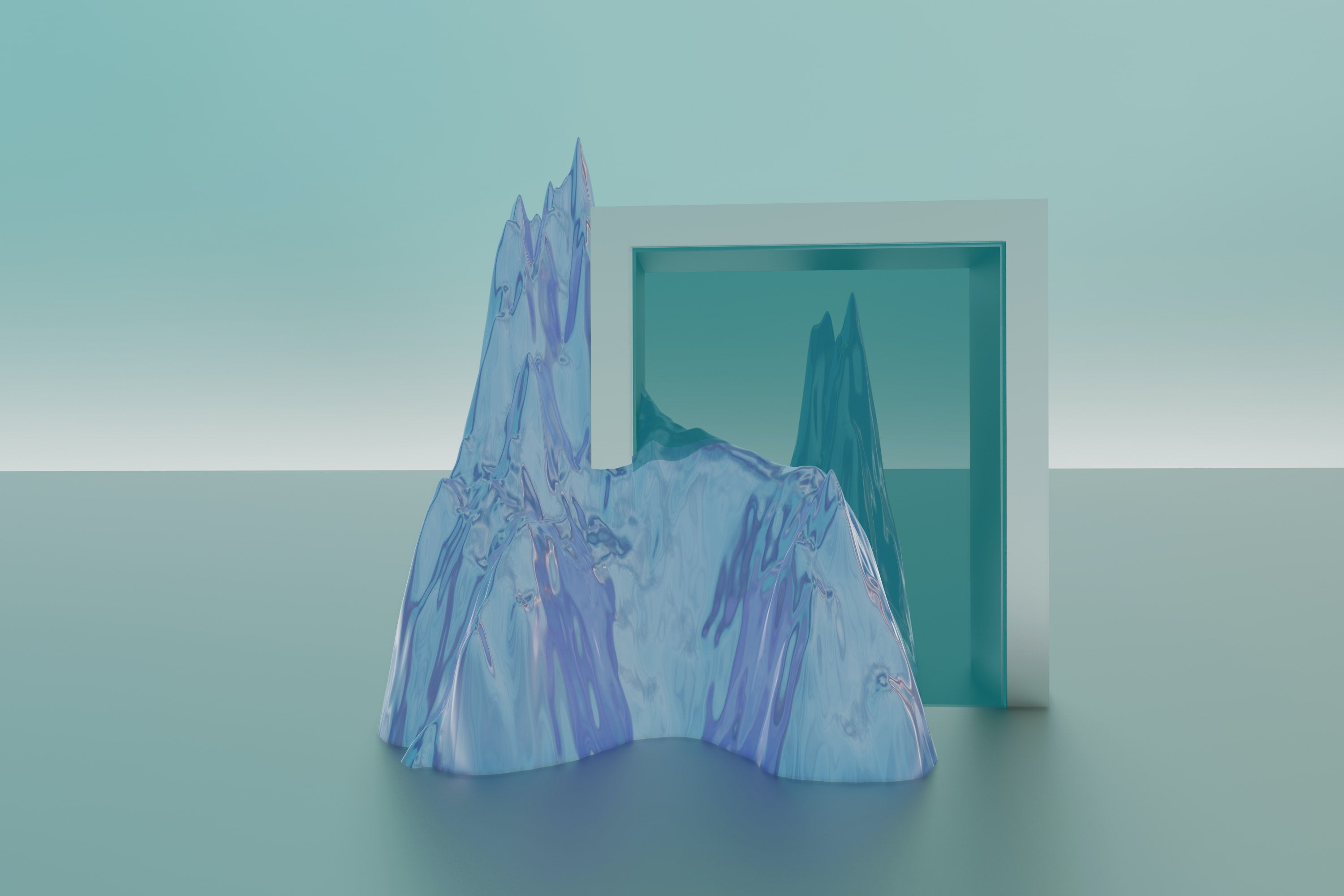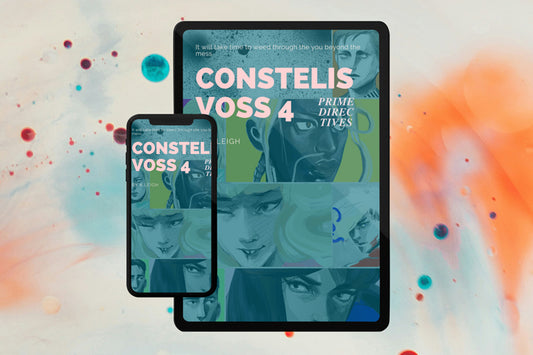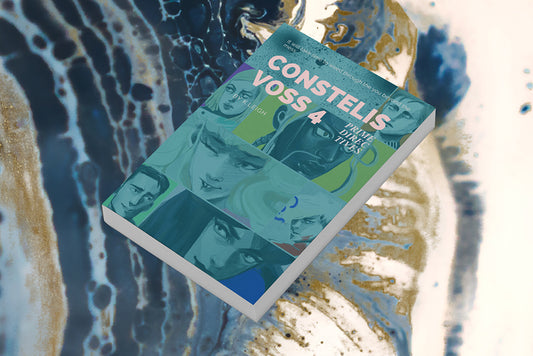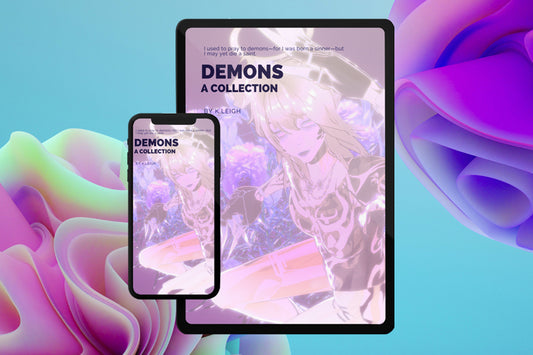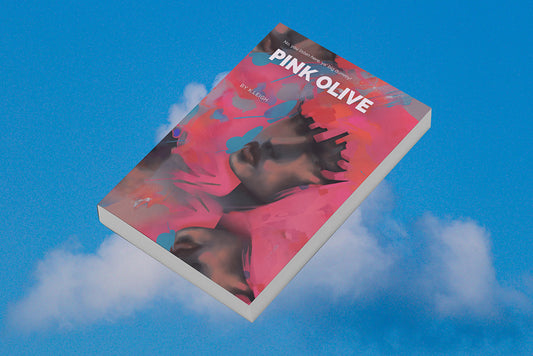As much as it pains me to admit, I'm extremely picky when it comes to literature. I DNF most books, dislike many bestsellers, and avoid big names whenever possible. It's not solely because I'm an art snob—which I'll admit is true—but because I'm never looking for a good book, I'm only looking for a great one.
Today, let's explore what I personally think makes a good book, a bad book, and a great book. Because truthfully? It seems to fly in the face of general opinion, and I believe that's worth examining.
What makes a good book?
After spending some time poking around the internet, I've compiled a menagerie of common "good book" opinions, which we'll explore, then deny for a very good reason: the nature of thought and language. Bear with me, it's worth it.
According to the series of tubes, it seems a compelling opening makes for a good book, as well as sharp dialogue, characters readers can care about, adequate pacing and a satisfying ending. Other sources list a lush, immaculately crafted setting, an understandable but engrossing plot, evocative conflict, and pitch-perfect resolution. Further still, careful attention is paid to quality editing, grammar, and spelling, as well as reader immersion.
None of this actually means anything, by the way. It's just vague blueprints for writing books that others can follow, which is itself quite subjective. The nature of thought decrees that any book can be followed, as all people have different thoughts on what is followable.
Moreover, the nature of language decrees that any book can be good, if a single reader finds it speaks to them personally, which is entirely dependent on internal maps of language, lived experiences, and so on. What this means is that—and you might hate this—an author who reads and enjoys their own work has written a good book.
How do we even define what makes a book good, then?
It's not very easy, is it? Logically, all books are good and bad at the same exact time. We can refer to this concept as Schrödinger's Book, which makes judging books very tricky. One way to overcome Schrödinger's Book is to form reader consensus by way of popularity, but the only way to do that is treat books as products with just one core function. But that isn't accurate, is it?
Books are not products in the same way that, say, a screwdriver is. If the screwdriver doesn't complete its singular goal of driving screws, then it's basically a hunk of metal. A book unread is still a book that was written, could be good for a reader who finds it, and it might just do different things depending on which reader does. All of this means that books occupy the gift economy of art, and that means weighing definitive book goodness is not possible.
But is there such a thing as a great book? I'd argue there is, which is where art picks up the slack. But first, let's talk about what isn't subjective with this business of measuring books, because it's important to raise, then deny.
What makes a bad book?
When we own that all books can be good or bad at any time, we're referencing personal experiences. For instance, I adore science fiction books, but tend to dislike fantasy, which means I will generally find the former good, and the latter bad. Personal literary interests are always subjective.
But where subjectivity ends, authorial intention begins, and then we get into two separate art ideas. The first being structure, the second being the intention. Form vs. function is a universal art law. Until it isn't. More on that in a moment.
What makes a structurally bad book?
If one is writing in English, a structurally bad book is possibly one that does not excel with grammar and spelling. However, this is not always the case, as a dominant culture's opinions on perfect spelling and grammar can be forcibly hegemonic. Language is not politically neutral and never can be, as it forms the backbone of both ideas and society. For this reason—structurally—we must analyze a book from the perspective of its intended form.
For example, if an author desires to write an easy to read YA fantasy book about magical high school students, written in monocultural English, with a heartfelt message, all parts of the book must meet that function.
If the book has a terrifying cover, the prose is college-level, the students are written like adults, there is no magic present, and the ending is tragic, this book would structurally be bad. The form was not married to the function.
What makes a structurally good book?
Using that same example, what if the author intended to write a book commenting on magical high school fantasy tropes within the monocultural English narrative framing? If that was the author's intention—and that was preset somewhere in the work—then the form vs. function rule of art is met. The work is therein a structurally good book.
There are other structural considerations present: good formatting, readability, having some sort of beginning, middle and end, but these can also be subverted. As books are art, format can be played with, but format must meet intention in order to marry function.
For example, let's say a book begins strong, but quickly devolves with little errors as time goes on. A whole chunk of run-on sentences, butchered spellings and rambling portions crop up, just about midway through. This possibly means the book was edited hastily. Maybe it needed more workshopping.
But what if the book is a first person narrative about a character losing touch with reality? Then, this becomes an entirely different scenario. The author's intention crafted a certain form, one that lives in the house of art.
And that, my dear readers, writers, and literary aficionados, is what I believe makes a great book: art.
What makes a great book?
As we've already established that any book can be good or bad, and that there are many ways a book could be structurally, formally, and functionally either, we land on greatness. Greatness, in my humble opinion, means art and art has many definitions.
I've spent decades of my life studying art, have studied it well enough to earn a teaching degree with an award attached to it and have placed art in galleries all over the world. Despite all this, art is still very hard for me pin.
Art is many things. Art can be aesthetic, as Oscar Wilde believed. It can be social, as FLUXUS artists believed. It can be self-referential, political, cultural, revolutionary, and more. Art occupies the gift economy, boggles the mind of capitalists, many people devalue it, while many more still find it to be what forms all human thought as language itself. In the end, the only way I've managed to define art is qualia.
Qualia - The internal experience of being alive and experiencing living. The personal taste of wine, the individual feeling of a headache, your perception of the color of a sunset. Truly great works of literary art have qualia. If you want a more accessible concept, the genre of a great book is called character.
If a book has qualia, if it speaks loud in a human voice, it has integral character, and it defines itself in the house of art, it is a great book.
So, what's the difference between a good book and a great one?
All good books are made to be as functional and formally sound for as many readers as possible. Good books don't have to be art, nor do they have to be good, they just have to be liked enough to form consensus of good.
But what about great books? All great books deny good, deny bad, and affix to a secret third thing that exists between the folds of perception, imagination, and sensation. All great books must be art, they don't have to be good, and readers do not have to like them.
Does that mean no good books are great ones?
Not always. For example, I loved House of Hollow by Krystal Sutherland, but for a very different reason than I believe many readers picked up on. I dug through reviews shortly after finishing it, and could find only a handful that told me readers picked up on qualia, that they'd parsed trauma as rot, memory as maker of monsters, and subverted femininity. That is an example of a good book that is also great through the lens of art.
However—and this is going to sting—most good books are not great. They can't be. In order for a book to be popularly defined as good, it must be as accessible as possible to as many readers as possible. Great books require far more effort than good ones by the mere fact that art qualia is often ambiguous.
If great books are so ambiguous, why chase them?
They're beautiful. There is almost nothing better than opening up a book, traveling its contents, and finding the imprint of a person in there. Beyond pages like leaves, behind colorful words, through thick symbols and bright characters, there lives a real artist who breathed. It is a joy to unearth the beating heart of an artist in their words. To hold it, to know they put it there, to know they likely didn't think anyone would see it, nor treat it gently. I will.
I take great pride in this as a once art-educator. It's an intimate experience to sit in someone else's vulnerable word garden and not just mind the flowers, but love them, deeply. Any book that provides this sort of experience is a truly great one.
So, what do you think? Is my definition of a good book versus a great one accurate? Do you have your own opinions about what makes a truly great book? Let me know below, but I have to be honest, if we disagree? I will never change my mind.
And I will never stop looking for that next great piece of literary art, either.
